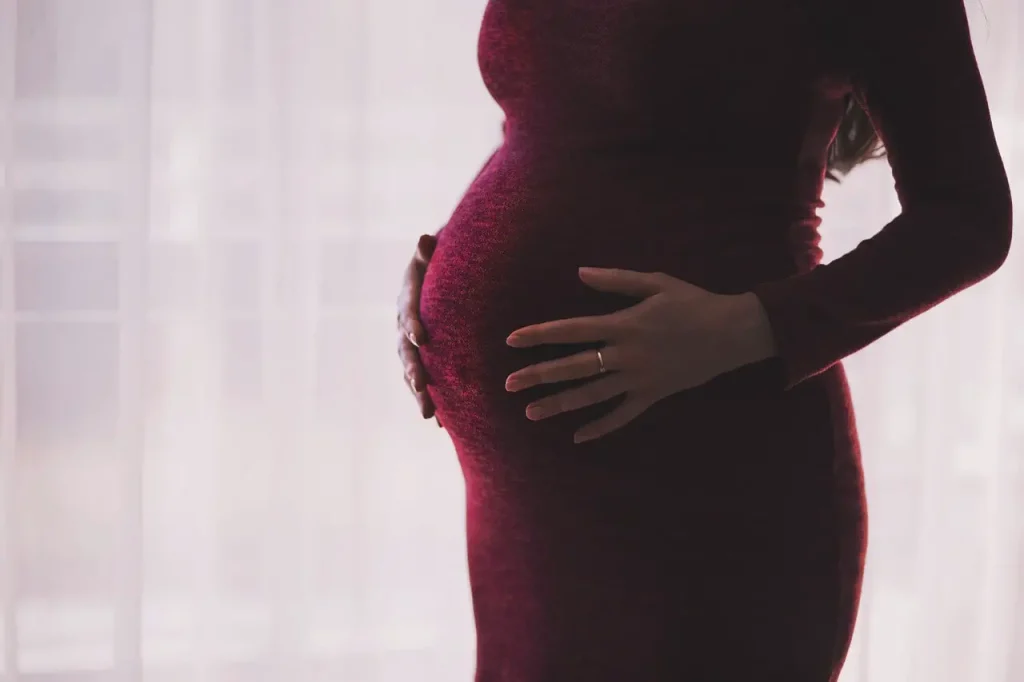Ljubičić told a press conference that according to the ECHR ruling in the said case established that the Croatian Health Insurance Institute (HZZO) violated the pregnant woman’s rights.
The ECHR ruling, she underlined, was delivered after all judicial instances in Croatia had ruled that the HZZO had acted correctly.
Presenting a chronology of the case, Ljubičić noted that in 2009 Jurčić underwent an in vitro fertilisation procedure after that she concluded an employment contract. Ten days later she discovered that she was pregnant. HZZO was to have approved sick pay during the pregnancy and maternity allowance, but decided that the hiring contract was fraudulent and that it had been concluded only so the beneficiary could receive those allowances.
Ljubičić claimed that Jurčić was discriminated against because she lost the right to receive any of these allowances while at the same time she could not receive unemployment benefits because she was in fact employed.
“We informed HZZO that it cannot act in this way and adopt decisions of its own accord because a an employment contract had been concluded between an employer and employee,” she said.
Ljubičić added that the Health Ministry was warned in 2013 that Jurčić planned to send her application to the Strasbourg-based court, while in the meantime the Constitutional Court assessed that HZZO had not discriminated against Jurčić.
Ljubičić underscored that by reporting on that ruling she wanted to motivate institutions to a just treatment of pregnant women because her office was receiving complaints from them of their rights being denied.
Prior to that working contract Jurčić had been employed for 14 years with another employer, Ljubičić explained.
The ECHR ruling, delivered on 4 February this year, says that Jurčić was discriminated against and that several legal acts had been violated.
“Turning to the applicant’s case, the Court notes the authorities’ conclusion that the applicant had been unfit to work on the date of concluding her employment contract because her doctor had recommended her rest following her in vitro fertilisation ten days before. In particular, the authorities relied on the fact that the applicant was expected to work at the employer’s headquarters over 350 km away from her place of residence and that travel in her condition might reduce her chances of a favourable outcome of the fertilisation (see paragraphs 16 and 19 above). In that connection, the Court considers that, as a matter of principle, even where the availability of an employee is a precondition for the proper performance of an employment contract, the protection afforded to a woman during pregnancy cannot be dependent on whether her presence at work during maternity is essential for the proper functioning of her employer or by the fact that she is temporarily prevented from performing the work for which she has been hired. Moreover, the Court is of the view that introducing maternity protection measures is essential in order to uphold the principle of equal treatment of men and women in employment,” says the EU court.
The ECHR also “notes that, in deciding the applicant’s case, the domestic authorities limited themselves to concluding that, due to the in vitro fertilisation, she had been medically unfit to take up the employment in question thereby implying that she had to refrain from doing so until her pregnancy was confirmed. The Court observes that this conclusion was in direct contravention to both domestic and international law.”
In the ruling Jurčić was awarded €7,500 in damages which the Republic of Croatia is obliged to pay.
For more about politics in Croatia, follow TCN’s dedicated page.











